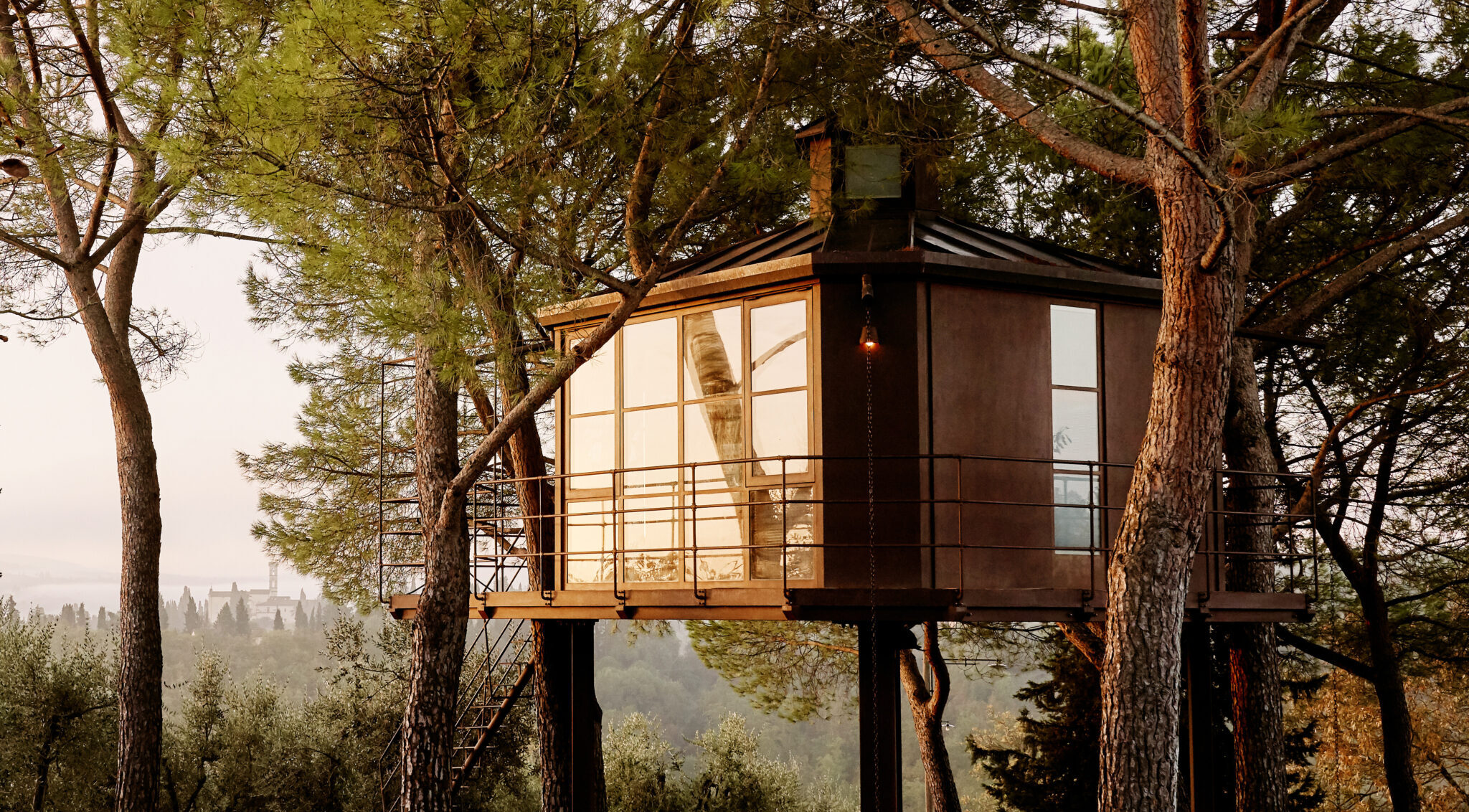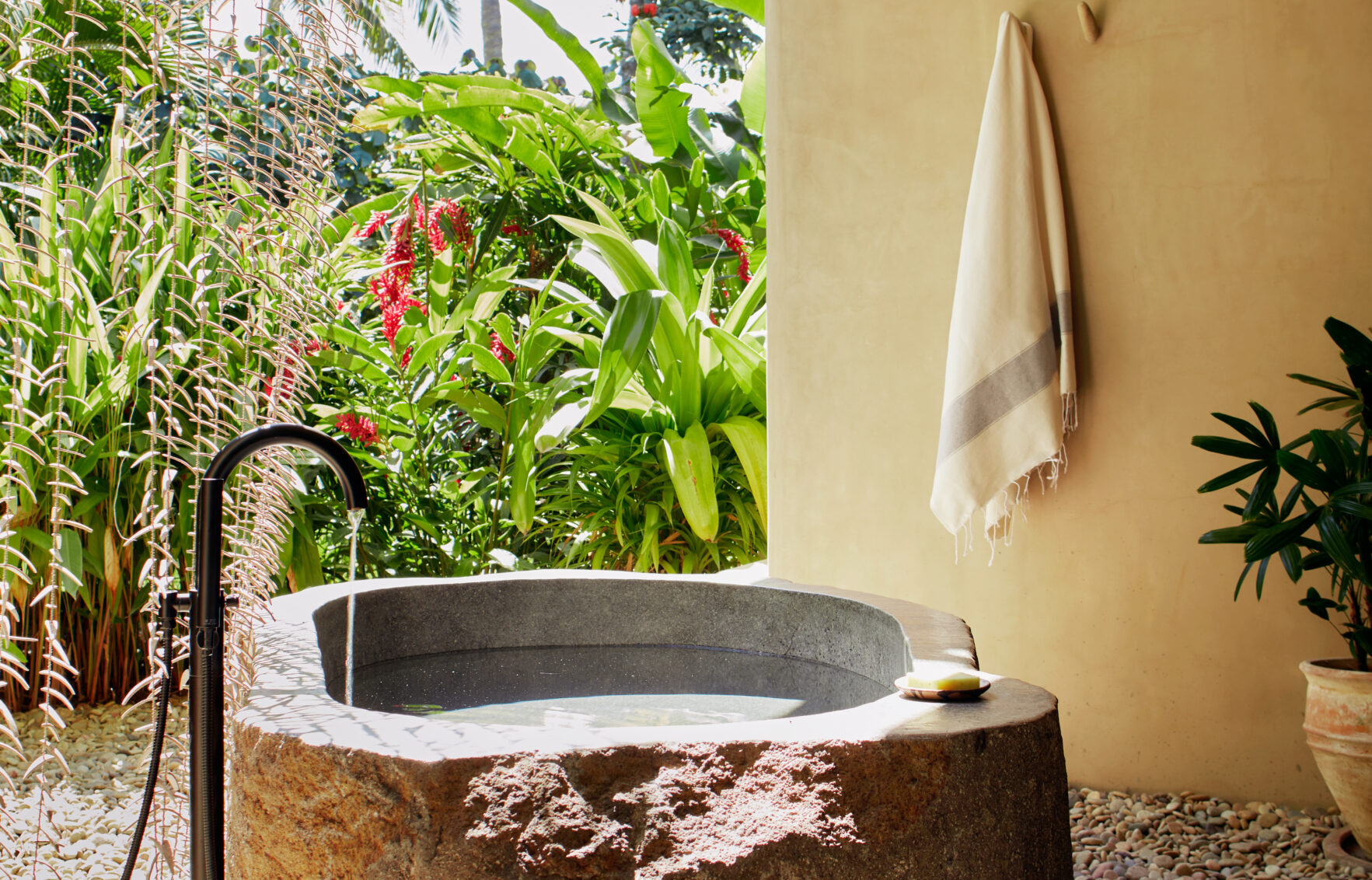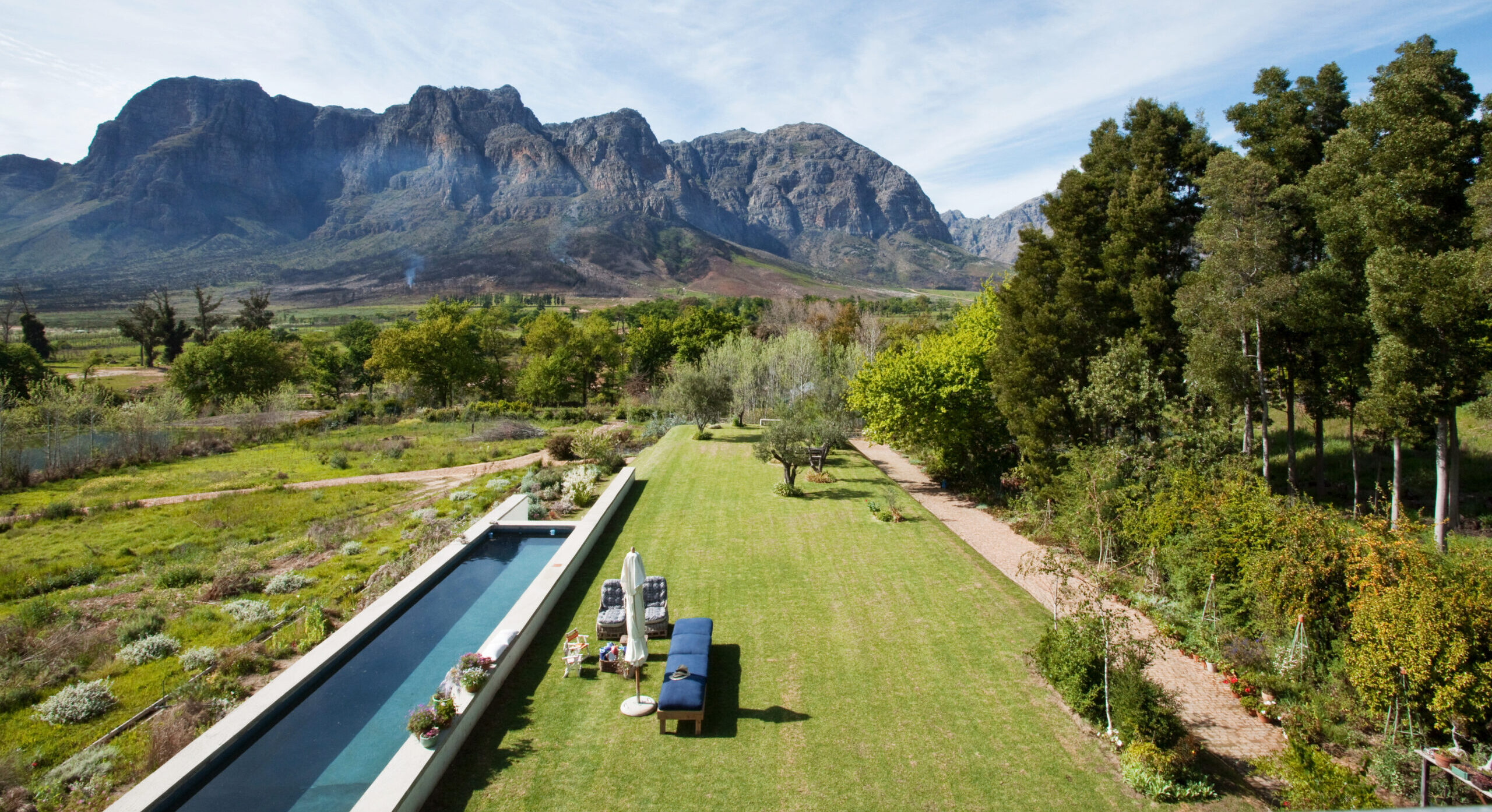As nature tourism grows in popularity, Airbnb’s ‘Rural Bootcamp’ programme is designed to encourage people living in the countryside to open their homes to guests. Olivia Palamountain reports
After a year of lockdowns, social distancing, health scares and general pandemic-induced frenzy, it’s unsurprising that many of us are yearning for the good life.
According to data from Airbnb, rural listings have earned hosts more than US$5 billion since March 11 2020, with more people than ever looking for breaks that prioritise space, privacy, fresh air, natural habitats and sustainability than ever before.
Specifically, the data shows a shift in travel away from urban destinations and toward more rural areas and smaller communities. For example, in August 2020, more guests stayed in the Catskills and Hudson Valley than stayed in New York City.
In respect of this rural tourism boom, Airbnb has launched a Rural Bootcamp initiative, designed to help countryside communities across Europe offer guests the opportunity of a change of scenery and the chance to get back to nature. Through a series of partnerships and host education programs (to date, Airbnb has secured partnerships with Agritourist in Italy and Fademur in Spain), the Rural Bootcamp will help unlock access to the hospitality and tourism sector by giving individuals and organisations in rural communities the toolkit they need to thrive on the Airbnb platform as hosts (both via their homes and the Airbnb Experiences platform).
Through a series of partnerships and host education programs (to date, Airbnb has secured partnerships with Agritourist in Italy and Fademur in Spain), the Rural Bootcamp will help unlock access to the hospitality and tourism sector by giving individuals and organisations in rural communities the toolkit they need to thrive on the Airbnb platform as hosts (both via their homes and the Airbnb Experiences platform).
Agriourist president, Augosto Congionti, believes that the Rural Bootcamp has great potential to benefit guests, farmers and the wider rural communities. He says: “Thanks to the collaboration with Airbnb, we have the chance to raise awareness of what Italian agritourism has to offer and to let people enjoy the wide range of offerings that are part of our network.
“Agritourism gives tourists the opportunity to enjoy nature, to live in and get to know the locality and to have unique experiences that enrich both body and mind.”

The ease of creating a listing and becoming an Airbnb host has allowed more people in more locations to open their homes through the platform, in every continent except Antarctica. They are spread across more than 220 countries and regions, both in cities and towns and in more remote rural areas.
Airbnb is now calling on other destination marketing organisations, farmer associations and agritourism associations to get involved and help spread the benefits of rural tourism to their communities. According to Giacomo Trovato, Airbnb’s country manager for Italy, rural tourism is especially appealing right now. “The hospitality of rural hosts is particularly appealing for many people who are longing to travel after a difficult year.
According to Giacomo Trovato, Airbnb’s country manager for Italy, rural tourism is especially appealing right now. “The hospitality of rural hosts is particularly appealing for many people who are longing to travel after a difficult year.
“And at the same time, this type of tourism has the potential to spread economic benefits beyond big cities to lesser known rural communities. In partnership with Agriturist, we want to help a wider audience discover these rural Italian gems.”
Another booking platform flying the flag for the great outdoors is Hipcamp. In the same way Airbnb connects homeowners with guests, Hipcamp unlocks access to private land for camping and outdoor recreation with its easy to navigate, millennial-friendly user experience, offset by hipster images and aspirational scenes.
A “mission-driven marketplace” where people can list, browse and book campsites and accommodation on private and public land, Hipcamp also drills into the details so nomads know what to expect, whether it’s where to find the best picnic spot or glampsite. Find Globetrender’s full report here.
According to a study by QYResearch, the nature tourism (also known as agri-ecotourism) market is worth around US$13 billion globally – and that was before the pandemic, which will no doubt boost demand for spending time in the outdoors.
As Globetrender predicted in its report on Travel in the Age of Covid-19, Wilderness Seeking is a big trend in 2021.
Sleeping under the stars (Celestial Escapes) is a trend that Globetrender editor and founder Jenny Southan recently identified for a report she co-authored with Euronews (see below).
In a spin-off article she wrote for Euronews Travel, she said: “In the viral age, a craving for wide-open spaces, as well as a more pronounced desire to understand the meaning of life, will see people drawn to wilderness locations that offer peaceful, contemplative nights under the heavens.”
She added: “With the on-going pandemic not just causing harm to people’s physical wellbeing, it is also inflicting great psychological damage. For many people, the experience will cause long-lasting PTSD (post-traumatic stress disorder).”
Tapping into the growing trend for nature tourism, Yonder is another site offering travellers the chance to book stays in cabins and ranches across the US, as well as outdoor experiences such as horse bonding and mushroom hunting.

